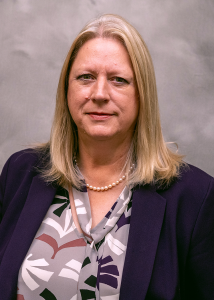Center for Insurance & Risk Management Director Cindi Burleson was on a recent episode of the Arkansas Shrimp Tank Podcast.
Burleson spoke with co-hosts Matt Haas and David Sims about the development and growth of the program — the only of its kind in Arkansas — and how 2020 has changed the way we view risk management.
Burleson is a lecturer in the Department of Economics, Finance, and Insurance & Risk Management. Listen to the full episode here and catch a video recap above.

 Cynthia Burleson, director of the Center for Insurance & Risk Management in the UCA College of Business, was featured in June on an episode of the Insurance Town podcast.
Cynthia Burleson, director of the Center for Insurance & Risk Management in the UCA College of Business, was featured in June on an episode of the Insurance Town podcast.